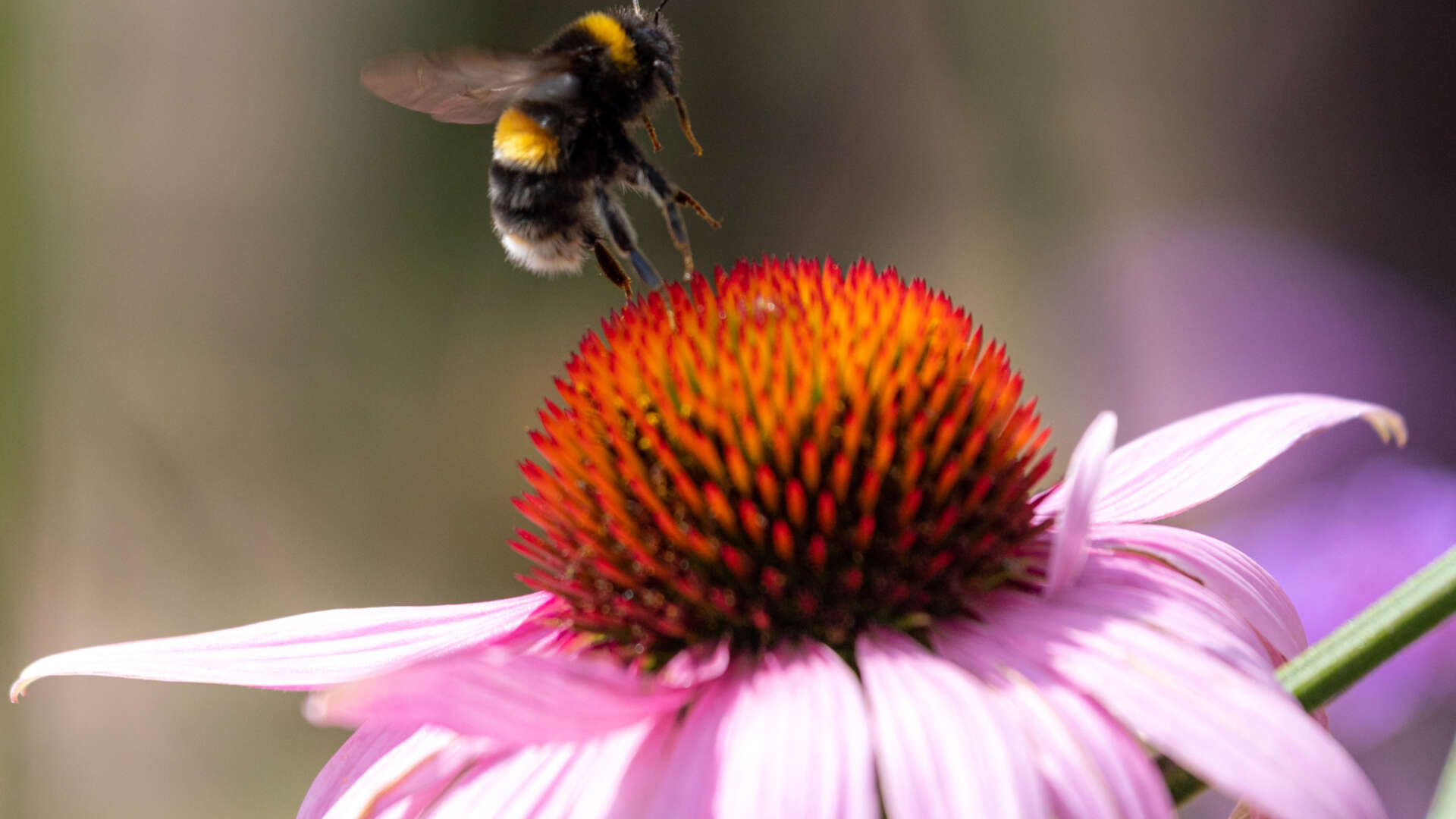Government puts bees at risk
The successful application, which was made by British Sugar, has for the second year in a row been granted for use by farmers, despite the government’s own advisors recommending against its approval. The September 2021 minutes from the Expert Committee on Pesticides meeting said “The Committee agreed with HSE’s evaluation that the requirements for emergency authorisation have not been met” and “on the basis of the evidence presented to ECP, the Committee agreed that it is unable to support an emergency authorisation under Article 53 of Regulation 1107/2009”. The advisers also concluded that pesticide water pollution caused by this decision will harm river life.
Thiamethoxam belongs to a class of insecticide known as the neonicotinoids. Neonicotinoids (NNs) were banned for agricultural use in the UK and the EU in 2018 due to their devastating impact on bees. Even minute traces of these toxic chemicals in crop pollen or wildflowers play havoc with bees’ ability to forage and navigate, with catastrophic consequences for the survival of their colony. A recent study showed that even one exposure of a neonicotinoid insecticide had significant impacts on their ability to produce offspring in future years.
British Sugar was successful when it made the same application last year, but bees were protected by a cold winter which killed off large numbers of aphids, meaning the threshold for use was not met and thiamexthoxam was not used.
The Pesticide Collaboration, of which Garden Organic is a member, say that the Government should be going much further to ensure that farmers have alternatives to harmful pesticides and increase the protection for bees and other wildlife from the harm caused by them.
Garden Organic fully endorses the statement made by Joan Edwards, director of policy and public affairs at The Wildlife Trusts, that “The Government’s decision to allow farmers to use a banned chemical goes against the expert advice of its own Health and Safety Executive, and the Expert Committee on Pesticides. It’s a clear betrayal of promises made to protect the natural world and comes at a time when nature declines are worse than ever. Thiamethoxam is known to have a devastating effect on wildlife – a single teaspoon is toxic enough to kill 1.25 billion bees. Less than two months ago the Government adopted a legally binding commitment to halt the decline of wildlife by 2030 within its flagship Environment Act – the authorisation of this neonicotinoid flies in the face of this commitment and sounds a death knell for millions of bees and other insects.”
Bees and other pollinators need better protection to be enshrined in law. In November, the Environment Bill was passed by parliament. The Lords tried to pass an amendment to limit the harm done to pollinators by pesticides, and over 60,000 people signed a petition to the Secretary of State George Eustice calling on the Government to accept the revision. However, the Government did not accept the amendment, claiming that the law already makes provision to protect pollinators from the effect of pesticides.
